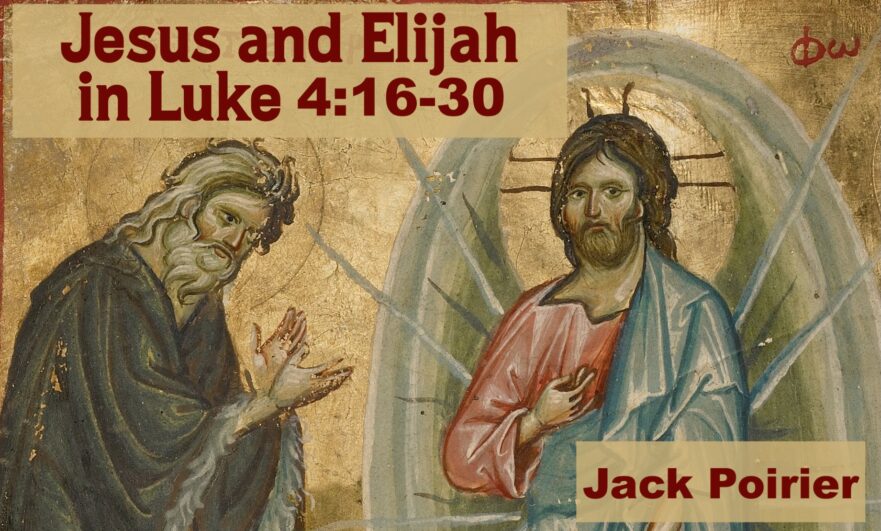The main aims of this contribution are, first, to show what Jesus’ place was among the various trends of the Judaism of his time and, second, to estimate the impact on Christianity of his teachings and of his life and death.
A New Two-source Solution to the Synoptic Problem

Shortly after Robert L. Lindsey’s eureka moment (“Luke is first!”) on February 14, 1962, and at Professor David Flusser’s urging, Lindsey submitted the following article to the editors of Novum Testamentum. The article was published in the journal’s November 1963 issue as “A Modified Two-Document Theory of the Synoptic Dependence and Interdependence,” Novum Testamentum, Vol. 6, Fasc. 4 (November 1963): 239-263. Lauren S. Asperschlager, David N. Bivin and Joshua N. Tilton have updated and emended the article to bring it in line with the modifications Lindsey made to his hypothesis over the following 30 years. Pieter Lechner has created the tables and graphics.
Jesus’ Reference to Folklore and Historical Events
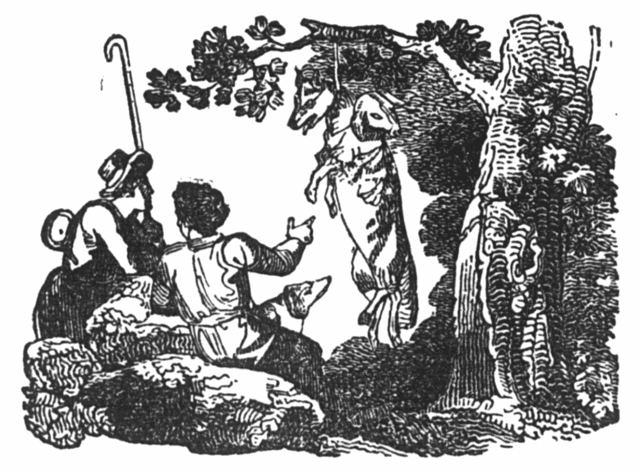
An inherent consequence of our distance from the world of Jesus is that we primarily understand Jesus’ words as they apply within our twenty-first century eschatological and theological framework. However, Jesus’ teachings reflect his cultural background as a Jewish rabbi in first-century Galilee.
A Time To Fast?

Once, when Jesus and his disciples were enjoying themselves at a dinner party, a simple observation was made: “Your disciples don’t fast!” The observation was innocent and simple enough; it was not an accusation, but an honest exclamation of perplexity. Jesus’ response, however, was far from simple.
Hananiah Notos: The Never-ending Importance of the Dead Sea Scrolls
One of the recently published Dead Sea Scroll documents is known as the “Register of Rebukes.” Only parts of eleven lines of a column of this document have survived. However, even these few words and parts of words are enough to see that the document, or a portion of it, was a list of the sect’s members who were rebuked because they had violated community laws.
Divorce and Remarriage in Historical Perspective
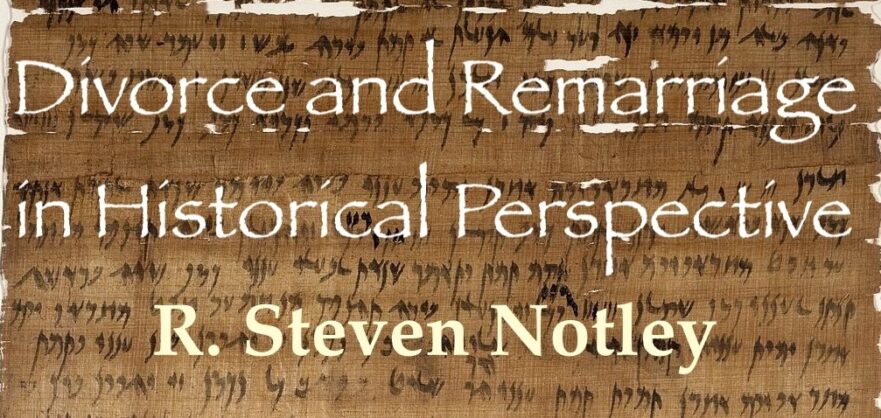
This study is dedicated to those who have suffered the agony of divorce. Tragically their pain has been compounded by well-meaning Christians who have distorted both the letter and the spirit of Jesus’ teaching concerning divorce and remarriage. For them, may this article bring a measure of healing.
John’s Baptism of Repentance
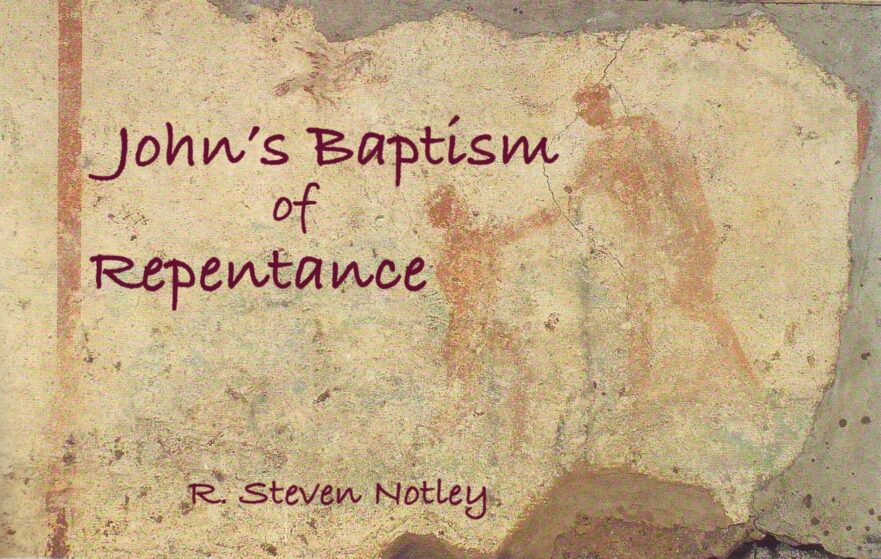
All of the Gospels open with a description of John the Baptist’s proclamation of a “baptism of repentance for the forgiveness of sins” (Mark 1:4). In this brief study we want to consider both the form of John’s baptism and his distinctive call to accompanying repentance.
Beyond an Inheritance

Could it be that the original integrity of Jesus’ message about the Kingdom of Heaven was later compromised by the presence of other expectations of a messianic-eschatological character that circulated promiscuously in early Christian communities?
Character Profile: A New Portrait of Salome

Salome’s image has been obscured and marred due to the personas created for her by writers of the past 150 years. Salome is famous for the part she played in the execution of John the Baptist. Since 1863, she has been depicted in books and films as morally depraved. Diligent research reveals, however, that the real Salome is much different than popular portrayals.
The Nature of Jesus’ Task
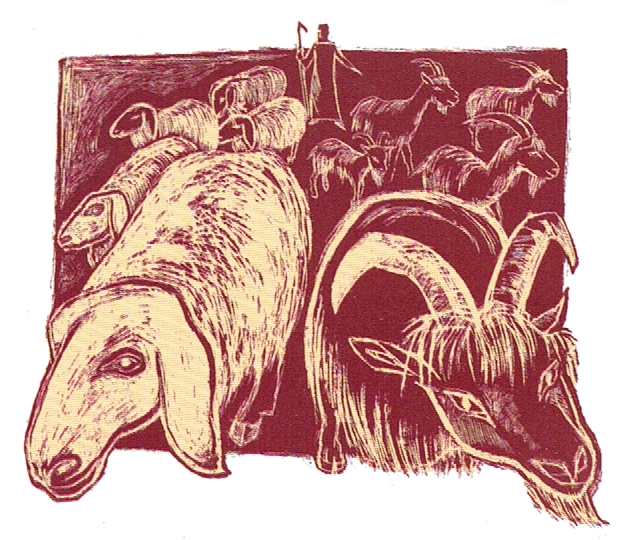
Christians read their Bibles through a lens of historical hindsight to illuminate certain features of Jesus’ teaching. Jews living in the first century did not have this benefit, and even one as saintly as John the Baptist struggled with aspects of Jesus’ messianic conduct.
Jesus’ Devout Jewish Parents and Their Child Prodigy
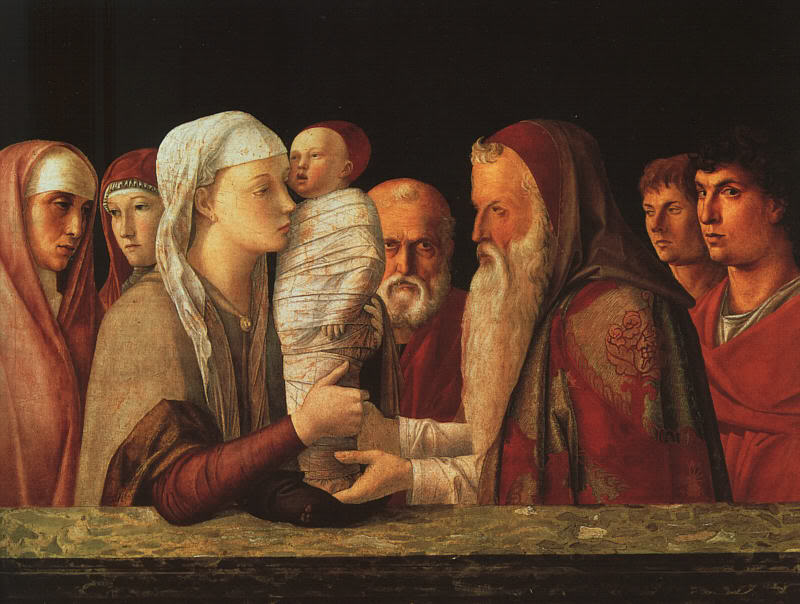
In the infancy narrative found in chapters one and two of Luke’s gospel, Luke has provided excellent character references for Mary, Joseph and Jesus. Jesus’ mother and father show piety far beyond the usual, and the young Jesus is eager to be in the temple studying Torah with the teachers of Israel.
A Friend of Tax Collectors

Tax collectors were especially hated because they increased their profit by collecting more taxes than their masters actually demanded.
The Kingdom of God: God’s Power Among Believers
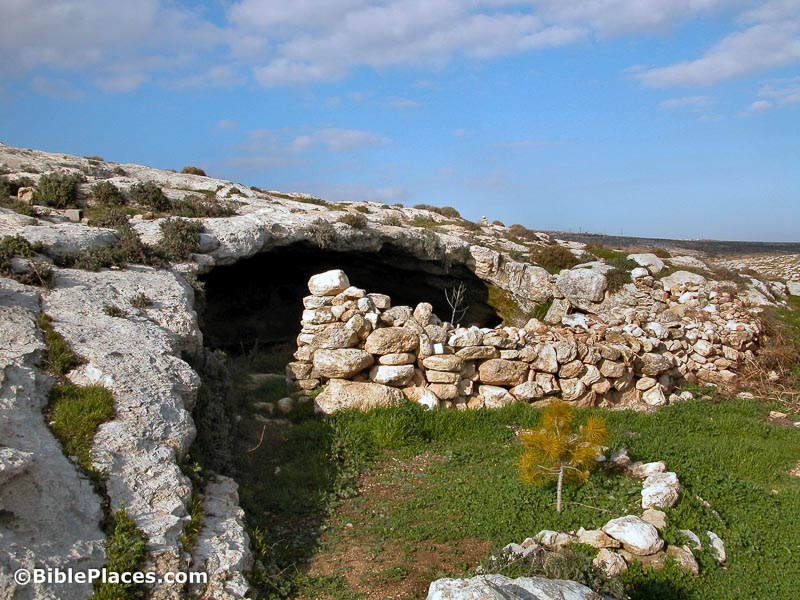
One of the greatest theological controversies in the last century concerns the meaning of the terms “Kingdom of God” and “Kingdom of heaven.” Because scholars have not given adequate attention to the fact that these are completely Hebraic terms, confusion has arisen concerning the period of time to which the Kingdom refers, who takes part in it and the exact nature of the Kingdom. Examining relevant Gospel passages in their Hebraic context will clarify what Jesus meant when he spoke of the “Kingdom of God” or the “Kingdom of heaven.”
The Role of Women in the Temple
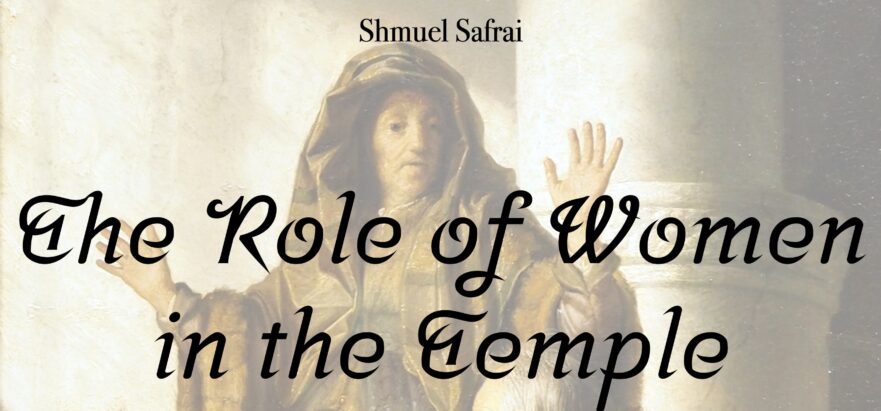
According to Jewish religious law, women were allowed in every area of the Temple precincts in which men were allowed.
Naming John the Baptist

The naming of a child at his circumcision ceremony, as presented in Luke 1, is also mentioned in Luke 2:21 regarding the naming of Jesus. In fact, naming a child during the circumcision ceremony is still accepted Jewish practice. The naming rite includes a prayer for the child’s well-being.
John the Nazirite
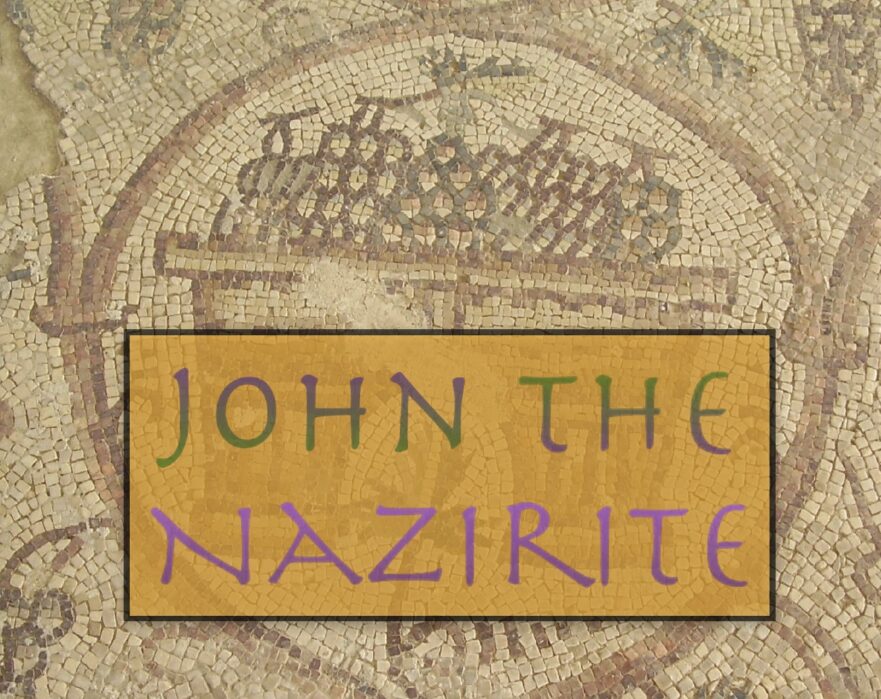
The Mishnah seems to indicate that the vow to abstain even from specific parts of the grape implies acceptance of the entire nazirite regimen. According to Nazir 1:2, even if one vows: “I will abstain from eating grape seeds and grape skins…, he becomes a nazirite.”
- Page 2 of 2
- 1
- 2


